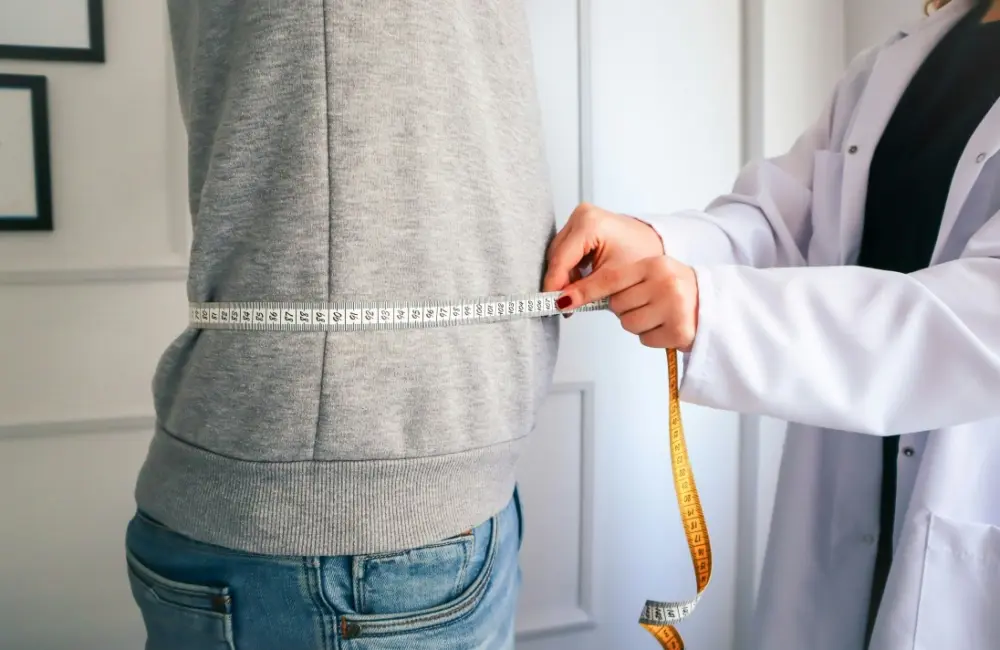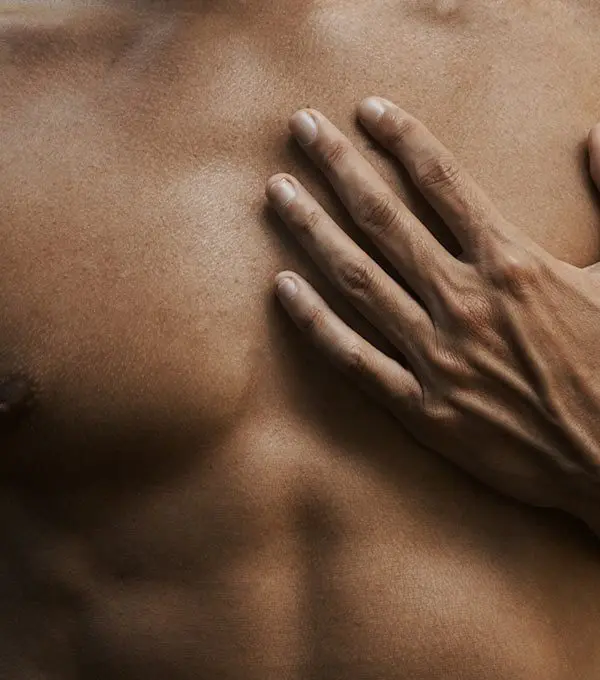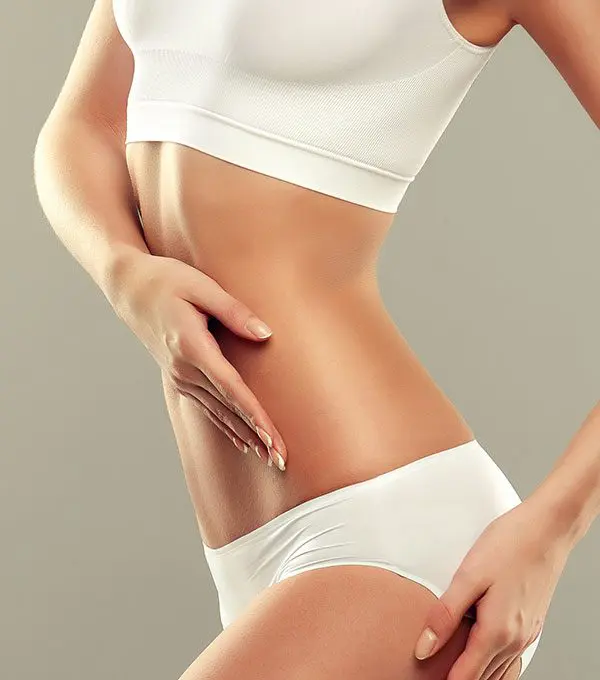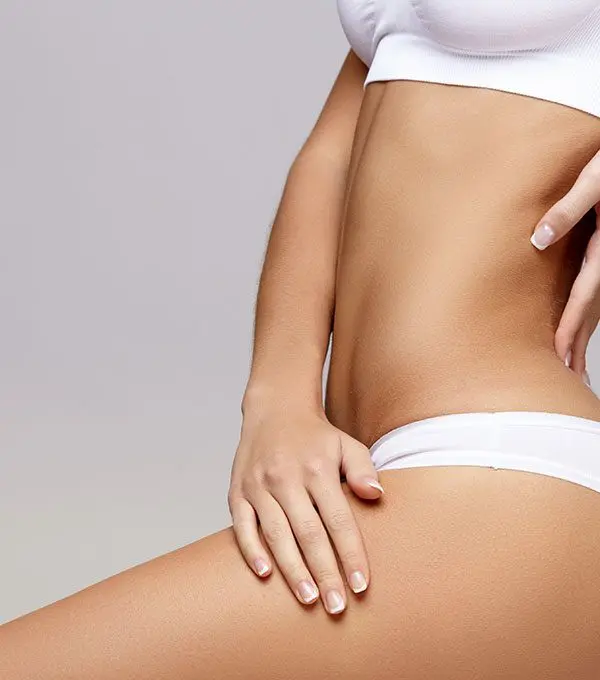Acne Treatments
Does Roaccutane Cause Weight Gain?
If you have ever struggled with acne, chances are you have heard of Roaccutane (also called isotretinoin). It is widely recognised as one of the most effective treatments for moderate to severe acne, especially when other options have not worked. Because it is such a strong and carefully prescribed treatment, people naturally want to understand its potential side effects. One of the most common questions patients ask is: Does Roaccutane cause weight gain?

In this article, we will look at what the science says, what patients report, and why Roaccutane remains a trusted option for clearing acne.
What Is Roaccutane?
Roaccutane (brand name Accutane in some countries) is a prescription-only treatment that must be prescribed and monitored by a qualified doctor or clinician. Unlike creams or antibiotics that work at the surface, Roaccutane works from the inside out to target the root causes of acne.
It reduces oil production, prevents blocked pores, and calms inflammation. For many patients, the results are life-changing: clearer skin, reduced scarring, and a major boost in self-confidence.
Because it is strong, Roaccutane is used under careful medical supervision. Regular check-ups and blood tests ensure that the treatment is safe and tailored to each patient. This monitoring is part of what makes it both powerful and safe when prescribed correctly.
Common Side Effects
Like all prescription medications, Roaccutane has some expected side effects. The most common are:
- Dry skin and lips
- Dry eyes
- Mild headaches
- Joint or muscle aches
- Sensitivity to light
Some patients may also experience mood changes, which is why emotional well-being is checked during treatment.
However, when you look at official guidance from the NHS or in patient information leaflets, weight gain is not listed as a recognised side effect. The Botonics guide to Roaccutane side effects also supports this, noting that weight change is not included among the recognised issues.
Does Roaccutane Cause Weight Gain?
So, does Roaccutane cause weight gain? Based on medical research and professional advice, the answer is no. Clinical trials and regulatory reviews have found no evidence that isotretinoin directly causes weight gain. Both the NHS and FDA provide side-effect listings, and weight change simply is not included.
That said, anecdotal reports do appear online. Some people say they gained weight, others report no change, and some even say they lost weight. Because these experiences are inconsistent, they do not provide scientific evidence of a link.
The key takeaway is that if you are starting Roaccutane, you should not expect weight gain as a direct side effect of the medication.
Why Some Patients Report Weight Changes
Even though Roaccutane itself does not cause weight gain, some patients still notice differences during treatment. Possible explanations include:
- Lifestyle and mood changes: Acne and its treatment can affect stress, activity levels, eating habits, and sleep, all of which can influence weight.
- Rare indirect effects: In uncommon cases, isotretinoin can affect appetite or digestion, or contribute to fluid retention. These are not consistent but may explain individual reports.
- Coincidental changes: Hormonal shifts, natural ageing, or life events may affect weight around the same time treatment is underway.
In other words, weight changes are usually due to lifestyle or unrelated health factors, not Roaccutane itself.
Weight Loss Reports
Interestingly, some patients report the opposite effect and lose weight while on Roaccutane. Reduced appetite, digestive upset, or lifestyle changes may all contribute to this.
This variation, some people reporting gain, others reporting loss, further shows that Roaccutane itself does not directly influence body weight. It is individual reactions and external factors that explain these differences.
What Science Says
According to reputable sources like Skin Health Info, Roaccutane is not associated with weight gain or weight loss. Long-term studies and medical reviews consistently show no link between isotretinoin and body weight.
The recognised side effects mainly involve the skin, mucous membranes, joints, and sometimes mood. Weight changes are not on the medical or regulatory radar.
That said, monitoring your overall health during treatment is always recommended. If you notice unexpected changes, including weight, it is a good idea to let your doctor or clinician know. This ensures your general health is looked after, even though the medication is unlikely to be the cause.
Conclusion
Weight gain is not a recognised side effect of Roaccutane. While some patients report changes, these are usually linked to lifestyle, mood, or unrelated health factors rather than the medication itself. Others even report weight loss.
The consensus from research and official health guidance is clear: Roaccutane does not directly cause weight changes. What matters most is following medical advice, attending regular check-ups, and maintaining a healthy lifestyle while on treatment.
For patients with severe acne, Roaccutane remains one of the most effective treatments available. Concerns about weight gain should not overshadow the proven benefits of this safe, closely monitored treatment.
If you would like to learn more about Roaccutane or discuss whether it could be right for you, contact the Botonics team today. Our experienced specialists are here to answer your questions and guide you through every step of your treatment.







